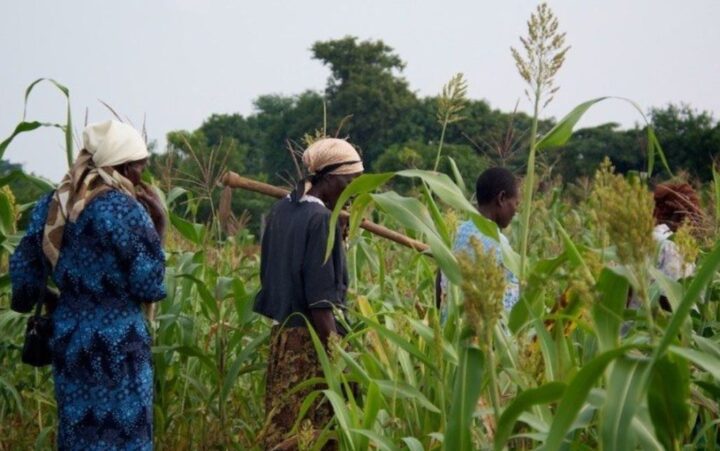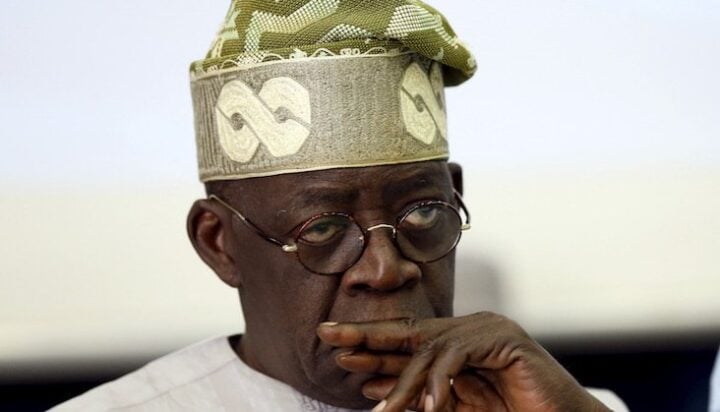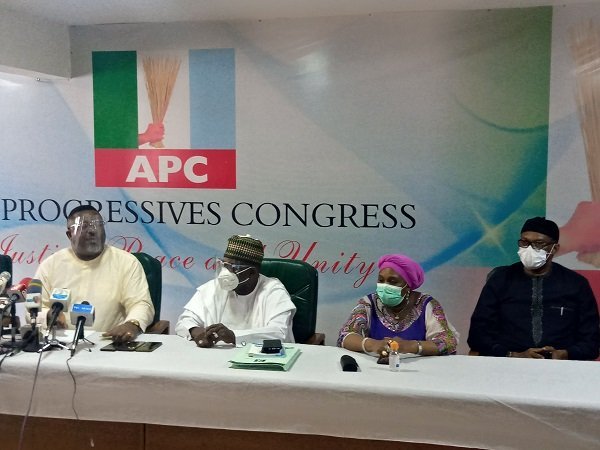Nigerians love to be serenaded and wear appellations as a crown. The politician wants to return to office even when the track record carries the stigma of shame. They promise the people the good things of life but abandon them with empty stomach and a future in destitution. Yet the people praise-sing and those liberated enough to maintain contrary opinions are labelled as enemies of the state and the perennially unhappy souls. But where has praise-singing brought us? A terrible impasse and a future at the crossroads.
This is why my cautionary appeal to the Nigerian Communications Commission, NCC, is not to fall into the praise-singing trap or see mischief in the eyes of those who are making critical suggestions on how to advance the fortunes of the telecommunications industry. Because, really, in spite of bellicose opinions, some people must do a job for the state, the welfare of our society and the future of our forebears.
Let me at this point observe that the biggest response of the Commission to some good-intentioned suggestions to the Executive Vice Chairman, Prof Umar Garba Danbatta, following his tenure renewal, was a rehash of his achievements which influenced relevant authorities to take that decision in his favour. For me, there is no need for justifications. That is in the past: a history of mixed fortunes. Those who run a race looking back are, at best, like the ostrich which has its head buried in the sand thinking there is nothing happening out there. Why nothing can be done about the past, we can shape the future in the way it best suits us with strategic thinking, devoid of stupidly genuflecting culture and diversionary pretenses that all is well and really cool.
Without seeing ghosts in every shred of suggestion the Commission should know that the burden of expectation is enormous as Nigerians cannot continue to rue near-miss opportunities all the time. The colours ahead are enough to warn us that the future belongs to the class of people who market intangible, intellectual and creative products, much unlike our country whose everything is anchored on crude oil. Unfortunately, oil is a dying resource. The crash of oil prices at the beginning of the year is enough warning that the dangers ahead are as solid as Zuma rock only if we can see with clear eyes.
Advertisement
Writing in his book, The Green New Deal, Jeremy Rifkin predicts that the carbon bubble which will mark the collapse of the fossil fuel civilization could come as early as between 2023 and 2030, as more organizations decouple from fossil fuels and turn their attention to cheaper and more healthy alternatives like solar, wind and other sources of renewable energies and accompanying zero-carbon technologies. He suggested that what we call wealth represented by oil will soon turn to stranded assets – oil in the ground and all the investment in production, distribution and marketing; they will be of no value and use to the owner. A few days after I got this book in September last year, a highly placed Nigerian government official made a remark to some foreign visitors to the intent that oil was forever. That is our mindset. How very preposterous to reality and unfolding global situation! If the coming of electric vehicles doesn’t trouble our reality, nothing else will.
It is only expected therefore that more attention will turn to an organization like the NCC which for two decades has displayed resilience to effect and affect change. To return to our point of departure penultimate Wednesday, the industry has continued to pile up suggestions for the EVC; areas to quickly look at as he begins to settle down for a second edition of his reign at the Commission.
One of such suggestions is the Licensing framework which has remained the same; frozen, for nearly two decades. Some industry players are suggesting that the entire package be reworked and updated in scope and limitations in line with technological developments that have occurred within the intervening period. The telecommunications industry remains a fast growing field where new technologies are birthed and quickly go extinct with rapid constancy. A modern license, according to them, should be able to trap such growth and nuances.
Advertisement
Some stakeholders are making a strong case for the inclusion of more Nigerians at the highest level of the industry. In their opinion, a reworked licensing framework should make generous provision for Nigerians to feature prominently in the ecosystem, in line with the Local Content policy of the government. Such reasoning recognises the fact that even though Nigerians may not have the financial muscle to play at the top league of the telecoms industry, they should at least be able to control the Value Added Service (VAS) sector, Internet Service Provision (ISP) and other segments that can result in the creation of more jobs for the teeming Nigerian youth population.
COVID-19 has come with its unpredictability, creating a new normal for businesses and social interactions. It has created a new normal through which humanity can engage with themselves. There is the suggestion that the Commission should introduce policies that can support infrastructural build-out strong enough to support workers to work from home and other remote locations. Such policies should support an expansive rollout of 4G and 5G which have capacities to support human activities from any location. The Infracos should be given a serious boost and be empowered to rollout services instead of remaining a paper achievement as the speed of growth has whittled in recent years while expectations are mutating.
The massive deployment of infrastructure will help address the next industry concern which is a challenge for the Commission to make determined efforts in bridging the access gaps between the rural and the urban areas of the country. The industry is aware of the Access Gap Map developed by the Commission through the Universal Service Provision Fund (USPF). The map clearly displays the areas of the country unreached with telecom services, some kind of roadmap to be followed. The appeal is for the regulator to clearly define measurable and quantifiable targets towards bridging the divide so that the media can be invited as partners to verify the targets. It should be explained that the idea of media and other development partners is not to close mark the Commission but to encourage it to perform without removing its legs from the throttle.
Yet another segment of the industry is making a case for the operators who seem to be holding the short end of the stick as far as financial inclusion is concerned. While the government is trying to broaden the operations of electronic transactions and banking activities, the telecom operators have been put in an unfortunate and unjustifiable position where their facilities provide the backbone in a service for which they receive no income. Much of the reaction of the Ministry of Communications and Digital Economy to their plight is politics wrapped in emotions. Some stakeholders are crying for a redefinition and re-appraisal of the process.
Advertisement
One more thing; the umbrella ministry appropriately renamed by the minister, Dr Isa Pantami, as the Ministry of Communication and Digital Economy, is responsible for the formulation, determination and monitoring of the general policy for the Communications sector in Nigeria with a view to ensuring, amongst others, the utilization of the sector as a platform for the economic and social development of Nigeria. However, the rechristening has mostly been a vanity fair, a well-heeled political opportunism to align for future advantages, instead of orchestrated channels to supply the people with tech skills requisite for the journey ahead. It will be to our collective benefit if politics can take the back seat for a moment for a well-orchestrated industry growth agenda to enjoy the centre stage. I am the first to agree that the world has left us behind. The pain will be more if we stand at a spot doing nothing because those who had the opportunity to lead blew their chance pursuing wind.
Okoh Aihe writes from Abuja
Views expressed by contributors are strictly personal and not of TheCable.
Add a comment






